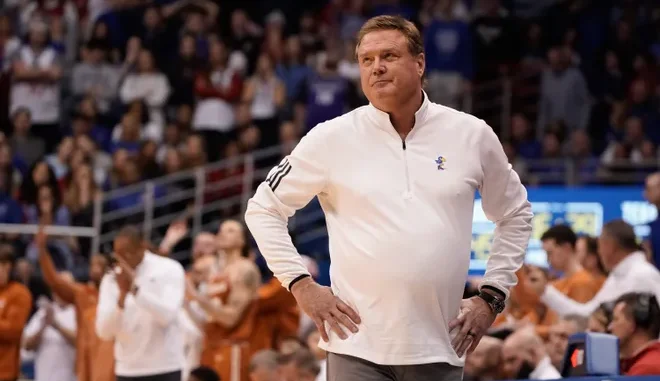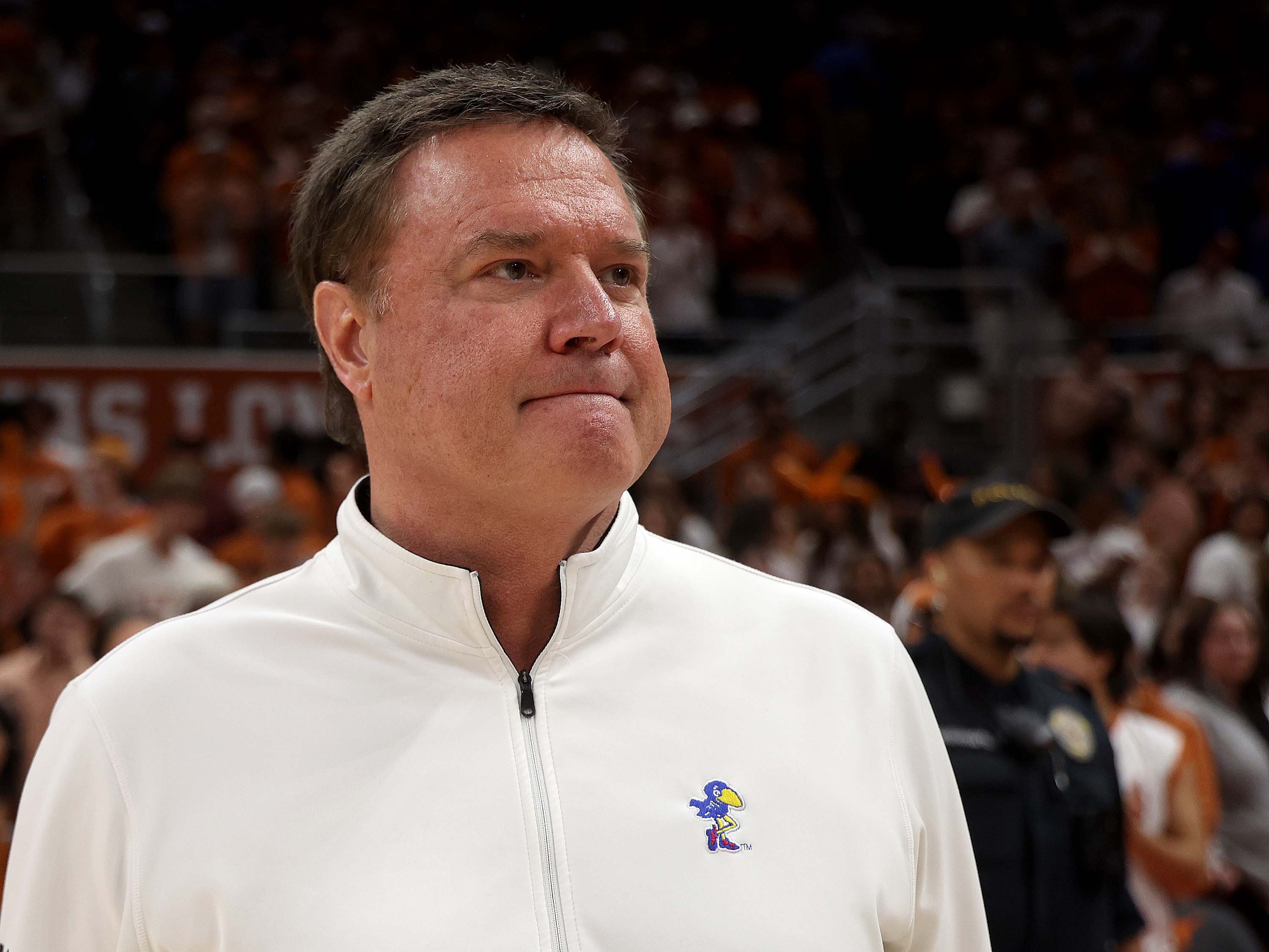
Bill Self, the most significant college basketball story this summer broke in early June when the Los Angeles Lakers offered UConn coach Dan Hurley a six-year, $70 million contract. Hurley, who had just led the Huskies to their second consecutive NCAA title in April, took the weekend to consider the offer after interviewing but ultimately turned it down.
A few weeks later, Hurley committed to a six-year, $50 million extension with UConn, securing his position through the 2029-30 season. His decision captivated the basketball world, surpassing even John Calipari’s move from Kentucky to Arkansas in April.
Reflecting on Hurley’s choice to stay in college rather than jump to the NBA, KU coach Bill Self commented, “How can you not listen, but at the end of the day, how do you leave?” He emphasized the importance of top coaches remaining in the college game, especially during uncertain times with NIL, the transfer portal, and revenue sharing reshaping the landscape.
Self, who signed a lifetime contract with KU last November worth $53 million over five years, acknowledged that while he’s had NBA discussions, they’ve never been serious. He believes coaches like Jay Wright, Mike Krzyzewski, and Roy Williams likely had multiple NBA opportunities but chose to stay in college.

On Seth Davis’ Bleacher Report podcast, Self discussed how college coaches can thrive in their roles by understanding where they’re most effective. He mentioned that while some college coaches like Billy Donovan and Brad Stevens have succeeded in the NBA, it’s not the right move for everyone.
Self is adapting to the evolving challenges in college basketball, including NIL and revenue sharing, which will significantly impact team dynamics and decisions. He’s optimistic about the future, noting that the increased experience and age of teams, bolstered by the transfer portal, will lead to a competitive season.
With revenue sharing on the horizon, Self believes that college coaches will take on more of a general manager role, making strategic decisions about player compensation and team composition. Despite the changes, he finds the new landscape exciting and looks forward to navigating it.
Leave a Reply